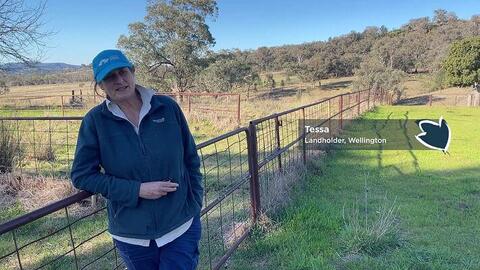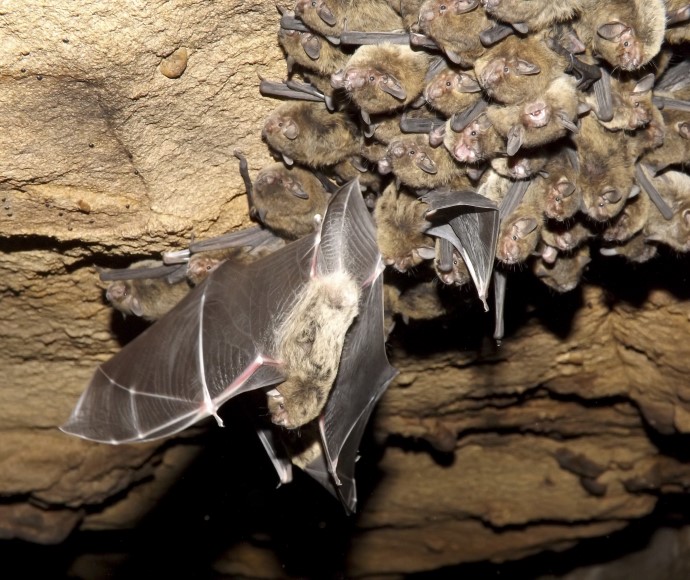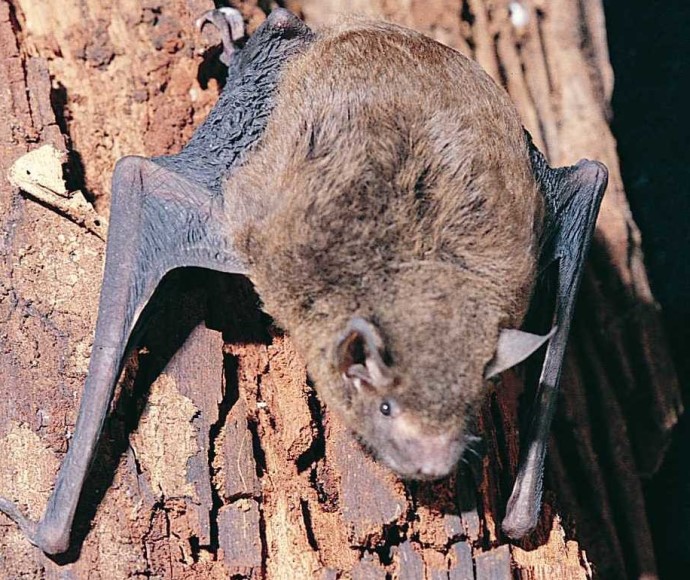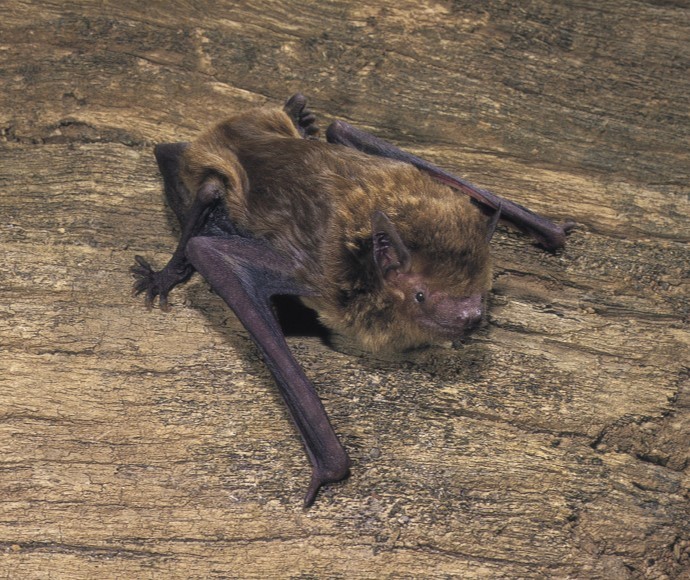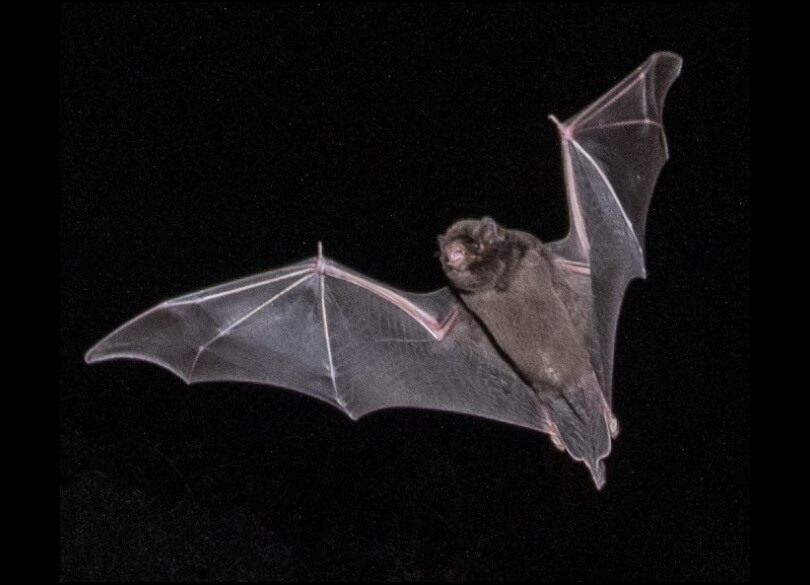Insect-eating bats play a critical role in our ecosystem by eating and helping to control insects like cockroaches, mosquitoes and agricultural pests.
However, insect-eating bats in New South Wales are in decline. They are under threat from habitat loss, human activities and climate change. Of the 34 species in New South Wales, 18 are listed as threatened or are thought to be extinct.
Bats in Backyards is a citizen science project contributing valuable data to help save some of New South Wales's rarest insect-eating bats from extinction.
With large gaps in the known habitat requirements and distribution of these threatened species, we need to learn more to better protect them.
How you can help
The project is now looking for more landholders to join the spring and summer 2025–26 season. Your participation will help gather valuable data and improve our understanding of threatened insect-eating bats and their conservation needs.
If you live in the following local government areas, you can become a Bats in Backyards citizen scientist:
- Armidale Regional Council
- Bogan Shire Council
- Blue Mountains City Council
- Brewarrina Shire Council
- Clarence Valley Council
- Coffs Harbour City Council
- Dubbo Regional Council
- Moree Plains Shire Council
- Narrabri Shire Council
- Sydney Basin, which includes 30 local government areas in the Greater Sydney Metropolitan Area
- Walgett Shire Council.
Join us in surveying insect-eating bats on your property with a bat detector device. We provide all the equipment and instructions you need to record echolocation calls over 5 nights.
After recording, return the device for analysis by Bats in Backyards scientists.
We will analyse the calls and send you a report detailing the bat species detected, their preferred habitat and food, and recommended actions for bat protection and conservation on your land.
Express your interest in participating in Bats in Backyards October 2025 to March 2026 season.
More about Bats in Backyards citizen science
Insect-eating bats are among only a few groups of species, dolphins and whales too, that use echolocation to navigate, hunt and communicate with each other.
They produce sound waves, called 'calls', at frequencies above human hearing, they listen to the echo, and then determine the size, shape and texture of objects in their environment.
Echolocating bats can detect the flap of a moth wing over 7 metres away and can effortlessly navigate and manoeuvre in pitch black.
Each species makes a slightly different call sound at a slightly different frequency, enabling scientists to identify the species making the call.
Bats in Backyards scientists analyse the high frequency calls recorded by participating citizen scientists and can determine which bat species have been detected in each participant's backyard.
Bats in Backyards has now finished its third monitoring season.
Results from all previous seasons are summarised in our latest Bats in Backyards infographic (PDF 393KB).
For any teachers and educators who would like to participate in Bats in Backyards as part of an education program, please email the Bats in Backyards team at [email protected] for resources, advice and curriculum links.
Our partners
The Bats in Backyards project is a collaborative effort between citizen scientists, the NSW Government Saving our Species program, the NSW Department of Primary Industries and Regional Development, Western Sydney University, and Impact Ecology.

